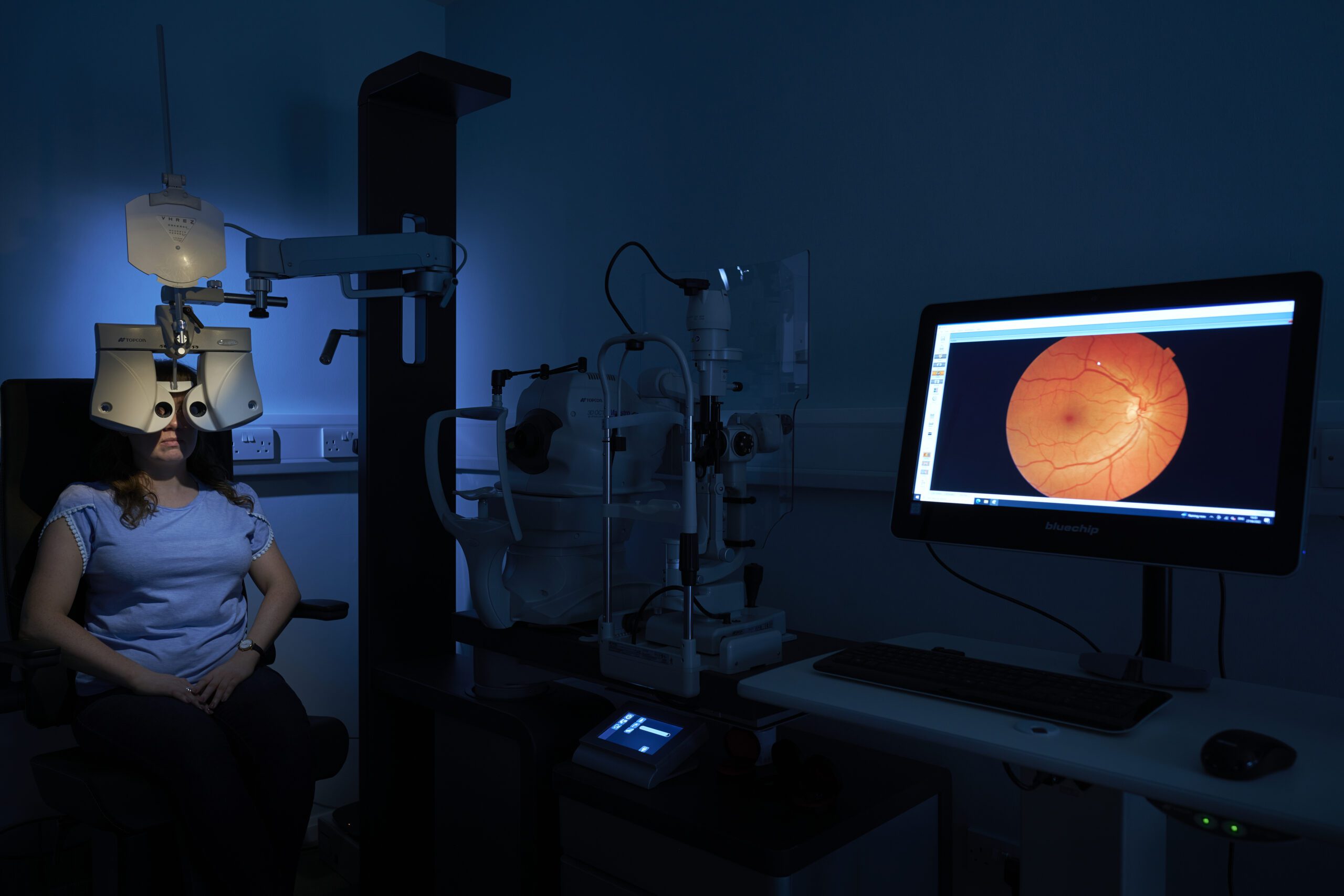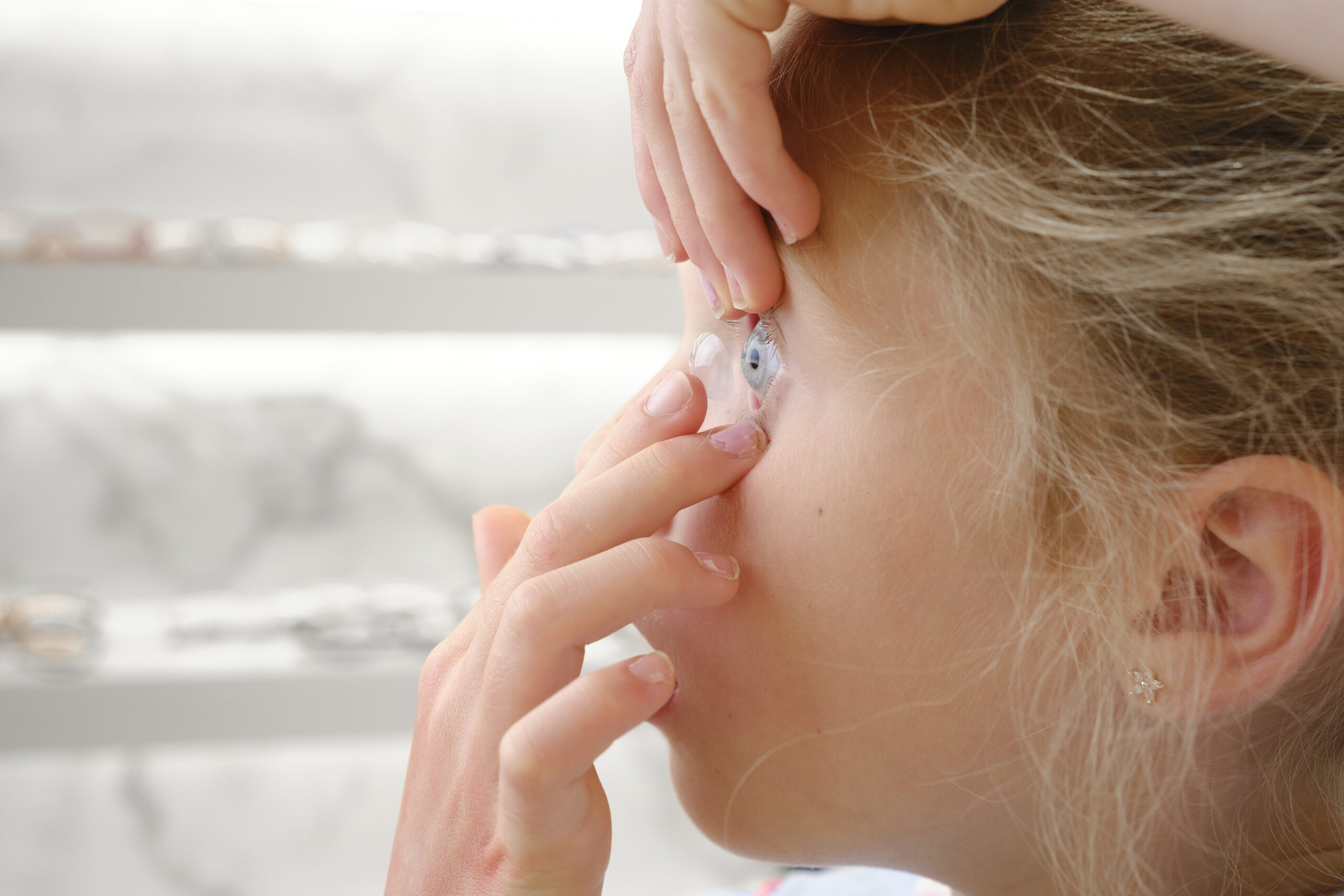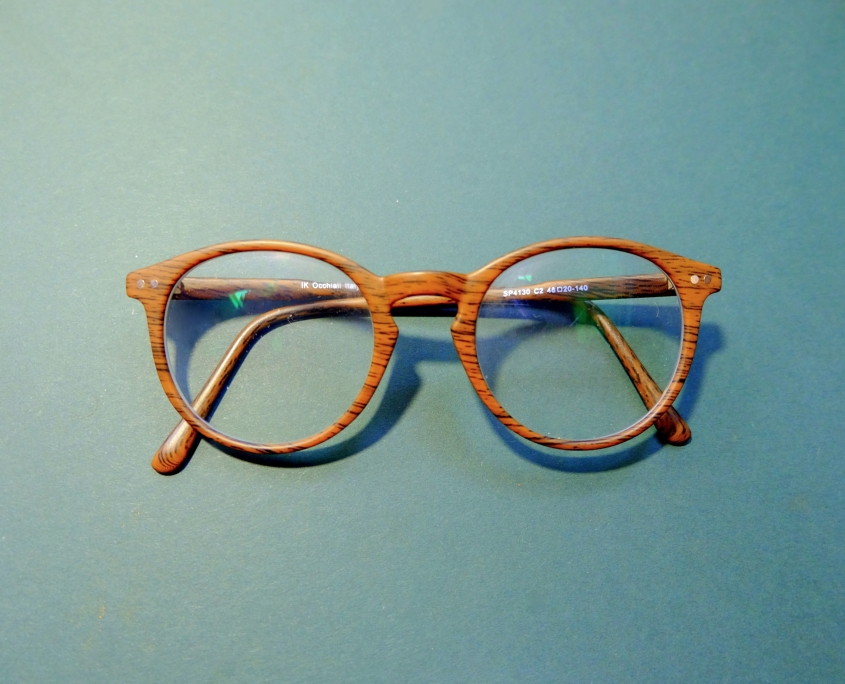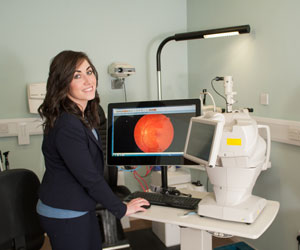Warmer weather during summer months usually spells bad news for hay fever sufferers. Cold-like signs and symptoms without a temperature, such as a runny nose, itchy eyes, congestion, sneezing and sinus pressure are all sure signs that you have hay fever.
Besides making you miserable, hay fever can affect your performance at work or school and generally interfere with your life especially if you’re outdoors. So it’s no surprise that approximately 25% of people are affected by hay fever every year.
How does hay fever affect your eyes?
The fine powder released by plants comes into contact through the eyes, nose and mouth, starting off an immune response. Our eyes can become itchy, red, swollen and watery or sometimes sticky, this is because their natural response is to try to wash the pollen out. These symptoms can make your vision temporarily blurry and it is important to remember that rubbing your eyes will make things worse. But you don’t have to put up with annoying symptoms. You can learn to avoid triggers and find the right treatment.
How to soothe your eyes
Hay fever symptoms can be helped with eye drops containing antihistamine. You can get these over-the-counter from your local pharmacy, however if your symptoms persist you may need to visit your GP and get prescription drops.
Tips for reducing ocular hay fever symptoms:
- Wear wraparound sunglasses to minimise pollen contact with your eyes.
- Stop or reduce contact lens wear as contact lenses can allow pollen to build up on them. Glasses provide more protection by creating a barrier between pollen and your eyes.
- Use regular cold compresses to help make your eyes more comfortable.
- Wash your hair and change your clothes after spending time outdoors to remove any pollen from them.
- Dry washed clothes indoors during the peak pollen season.
- Avoid alcohol as it increases hay fever symptoms.
Hopefully these steps will reduce your discomfort this summer and help you enjoy the outdoors a little more.









